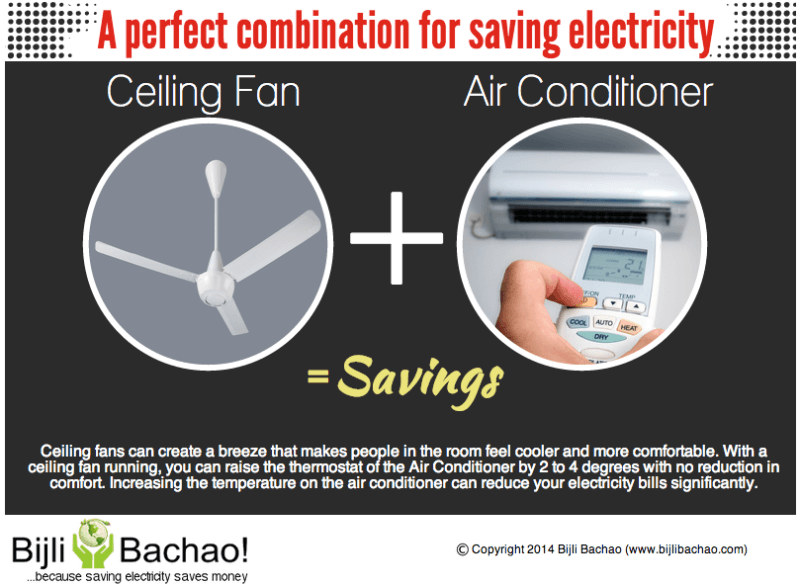Discover Just How To Ensure The Performance And Longevity Of Your Heatpump System By Avoiding Usual Setup Mistakes
Discover Just How To Ensure The Performance And Longevity Of Your Heatpump System By Avoiding Usual Setup Mistakes
Blog Article
Short Article Created By-Stuart Cassidy
When setting up a heat pump, you should stay away from typical errors that could endanger its efficiency. Neglecting correct sizing may result in inefficiencies and higher energy prices. Neglecting insulation and sealing could lead to energy wastage and strain on the device. In addition, placing the outdoor system improperly may impact its performance. By avoiding these mistakes, you can guarantee optimal functioning and durability of your heat pump system.
Improper Sizing of Heatpump
When it involves the installation of heatpump, among the most common mistakes is poorly sizing the system for your area. just click the up coming page is important for ideal efficiency. If the heatpump is too little, it will battle to heat or cool your area effectively, bring about enhanced power costs and potential damage on the system.
On the other hand, if the heatpump is as well big, it will certainly cycle on and off often, creating temperature level variations and lowering its lifespan.
To prevent this mistake, it's vital to have an expert assess your area and recommend the proper size of the heat pump based on variables like square video footage, insulation, ceiling height, and regional climate. By spending the time and effort to make sure the appropriate sizing, you can delight in a comfortable atmosphere while making best use of energy efficiency and extending the life-span of your heat pump.
Inadequate Insulation and Sealing
To make sure the reliable operation of your heatpump, it's important to attend to poor insulation and securing in your space. Correct insulation helps maintain a constant temperature level indoors, minimizing the work on your heatpump. Inadequate insulation can bring about energy loss, making your heat pump job harder and much less efficiently.
Securing any kind of spaces or leaks in your space is just as important. These spaces allow conditioned air to leave and exterior air to seep in, compeling your heat pump to compensate for the temperature level fluctuations.
Inaccurate Positioning of Outdoor Unit
Resolving the placement of your heat pump's outdoor system is vital to maximizing its efficiency. Setting up the exterior system in a wrong location can bring about effectiveness problems and prospective damages to the unit.
One common mistake to prevent is positioning the exterior device too near a wall or other structures. This can restrict air movement, causing the unit to work more challenging to warm or cool your area, eventually minimizing its effectiveness and lifespan.
Another error to steer clear of is placing the outdoor unit in straight sunlight. While some sunlight is inevitable, excessive direct exposure can cause overheating, particularly during hot summertime days. It's ideal to position the outside device in a shaded location to aid keep its ideal operating temperature level.
In addition, make certain that the outside system is positioned on a stable and level surface. https://no-rinse-window-cleaner51628.bloggerchest.com/31095522/is-your-heatpump-creating-odd-noises-and-showing-irregular-temperature-modifications-leaving-you-puzzled can trigger vibrations and unnecessary strain on the unit, affecting its performance over time.
Conclusion
To conclude, preventing usual blunders during heatpump setup is crucial for making the most of efficiency and durability of your system. By guaranteeing correct sizing, sufficient insulation, sealing, and proper placement of the exterior unit, you can avoid problems such as ineffectiveness, increased energy bills, and strain on the unit. Putting in multi room heat pump price nz to deal with these key factors will ultimately conserve you time and money in the long run.
